I have a dirty secret: I don’t like most poetry. Even the supposedly ‘good stuff’, the classics, the greats. I spent last Saturday morning flipping through a book of poets talking about their ‘first love’ poems — Yeats, Stevens, Kinnell, Lorca, Blake, etc. I felt like a country bumpkin at a cocktail party full of pearl-donned elites that were just, well, not that interesting to talk to. I could appreciate the beauty and craft of these ‘great' poems, with effort, and coffee. But my heart’s response to most of them was a shoulder-shrugging “meh”.
To me not liking a poem feels as wrong as not liking another human being. I’ve been busy committing both of these sins lately. I recently admitted to a friend that I don't really like someone:. I say it with excess tact: “There’s beauty in her for sure. And if I had to, I could focus on that. But I don’t mind not having to make that effort.” And then comes the waves of guilt, shame, and discomfort in admitting aversion.
Opinions like this chafe against my well cultivated ability to see the lovable essence in everyone. We are all amazing snowflakes of God underneath the elaborate defenses. But sometimes this seeing just takes more work than it’s worth. Sometimes you just have to let the soft animal of the body love what it loves, and not love what it doesn't.
When I get over the guilt, there’s something quite freeing in having likes and dislikes. The privilege of having a preference is pretty central to this whole being a human thing and denying it tamps down the life energy that could otherwise go to enjoying the things I actually want to enjoy.
It's the same with poems, and poets. Poetry is an art, an act, a lover, a way to experience and express our love. And just like love, it’s messy, inconsistent, full of projection, and quirky as hell. So it takes a certain vulnerability to admit what we really want. What we do and don’t enjoy. What we may have liked last week but just aren’t excited about today.
Stuck on an island, I'd take a pile of Dickinson poems over Wordsworth in a heartbeat. And no matter how much I love Mary Oliver, I’d get sick of flowers and birds if I spent too much time with her work. Intimacy’s like that. It can be hit or miss no matter how much you love someone. Sometimes Billy Collins tickles my soul bone. Sometimes he seems to be tickling an entirely different audience to which I don’t even want to belong.
Maybe that audience includes you. And that’s great. You and I may have different preferences when it comes to these things. Can we actually allow ourselves the vulnerability of difference? Must it pose any threat to our connection? (And, as an artist, can I actually allow you to have your opinions and preferences, too? Hell, I don’t like all of my own poems either!)
The good news is, there’s lots of artists, poems, and styles of expression to choose from. You don’t have to love them all. Let’s have the courage to say No to those that don’t light us up — without making them wrong or writing some literary critique about it. And let the preferences change, as they will. This is the ultimate vulnerability.
Which reminds me of a poem I’m liking lately. Enjoy it — or don’t. As you will.
Open Sky (Jed McKenna)
If you're not amazed by how naive you were yesterday,
you're standing still.
If you're not terrified of the next step,
your eyes are closed.
If you're standing still and your eyes are closed,
then you're only dreaming that you're awake.
A caged bird in a boundless sky.
To me not liking a poem feels as wrong as not liking another human being. I’ve been busy committing both of these sins lately. I recently admitted to a friend that I don't really like someone:. I say it with excess tact: “There’s beauty in her for sure. And if I had to, I could focus on that. But I don’t mind not having to make that effort.” And then comes the waves of guilt, shame, and discomfort in admitting aversion.
Opinions like this chafe against my well cultivated ability to see the lovable essence in everyone. We are all amazing snowflakes of God underneath the elaborate defenses. But sometimes this seeing just takes more work than it’s worth. Sometimes you just have to let the soft animal of the body love what it loves, and not love what it doesn't.
When I get over the guilt, there’s something quite freeing in having likes and dislikes. The privilege of having a preference is pretty central to this whole being a human thing and denying it tamps down the life energy that could otherwise go to enjoying the things I actually want to enjoy.
It's the same with poems, and poets. Poetry is an art, an act, a lover, a way to experience and express our love. And just like love, it’s messy, inconsistent, full of projection, and quirky as hell. So it takes a certain vulnerability to admit what we really want. What we do and don’t enjoy. What we may have liked last week but just aren’t excited about today.
Stuck on an island, I'd take a pile of Dickinson poems over Wordsworth in a heartbeat. And no matter how much I love Mary Oliver, I’d get sick of flowers and birds if I spent too much time with her work. Intimacy’s like that. It can be hit or miss no matter how much you love someone. Sometimes Billy Collins tickles my soul bone. Sometimes he seems to be tickling an entirely different audience to which I don’t even want to belong.
Maybe that audience includes you. And that’s great. You and I may have different preferences when it comes to these things. Can we actually allow ourselves the vulnerability of difference? Must it pose any threat to our connection? (And, as an artist, can I actually allow you to have your opinions and preferences, too? Hell, I don’t like all of my own poems either!)
The good news is, there’s lots of artists, poems, and styles of expression to choose from. You don’t have to love them all. Let’s have the courage to say No to those that don’t light us up — without making them wrong or writing some literary critique about it. And let the preferences change, as they will. This is the ultimate vulnerability.
Which reminds me of a poem I’m liking lately. Enjoy it — or don’t. As you will.
Open Sky (Jed McKenna)
If you're not amazed by how naive you were yesterday,
you're standing still.
If you're not terrified of the next step,
your eyes are closed.
If you're standing still and your eyes are closed,
then you're only dreaming that you're awake.
A caged bird in a boundless sky.
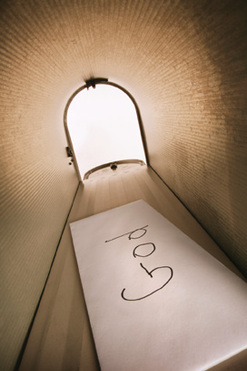
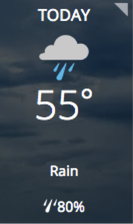

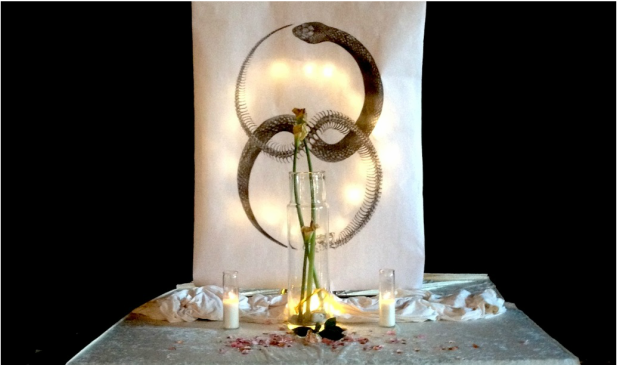
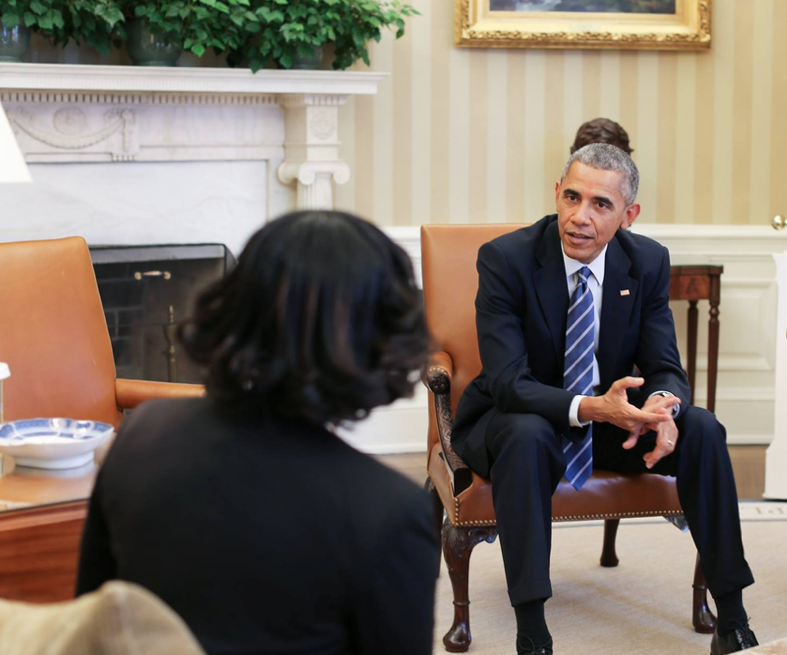
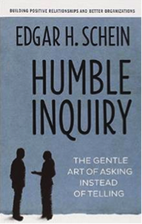
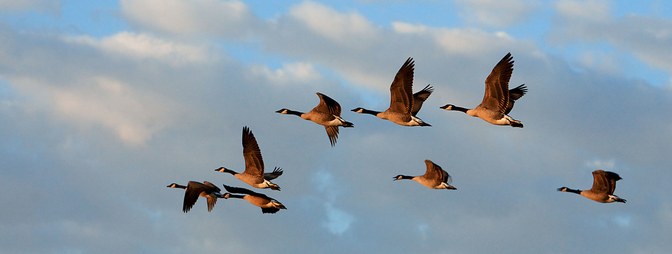

 RSS Feed
RSS Feed